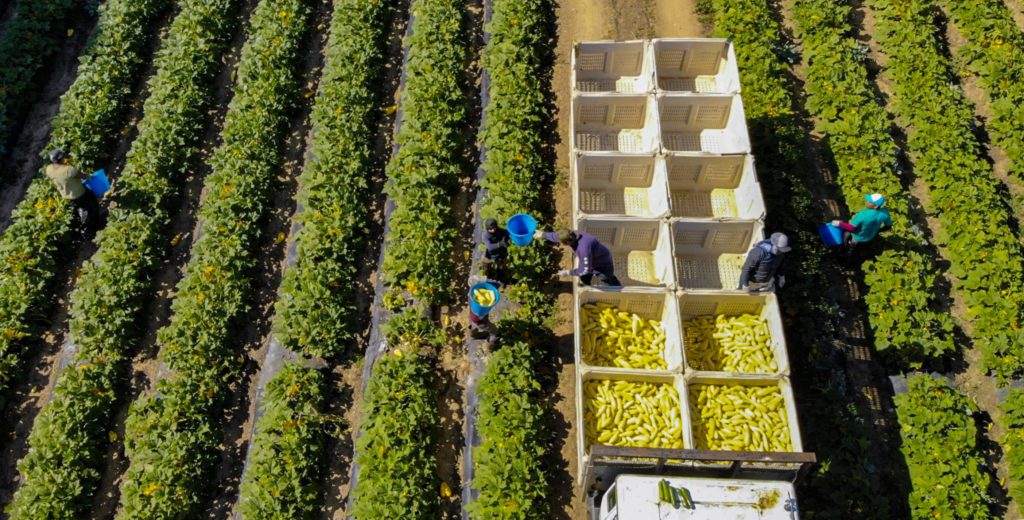Jun 17, 2021Michigan health order keeps most COVID testing rules in place
A new Michigan Department of Health an Human Services order that finally accounts for the COVID-19 vaccination status of agricultural workers is presenting several new concerns for Michigan farmers.
The Michigan Department of Health an Human Services (MDHHS) order maintains many of the requirements put in place by an order signed in August of 2020, including testing of new or symptomatic workers and the use of isolation housing before retesting.
“The new order’s broad scope is disappointing for Michigan’s farmers who face a competitive market for workers who have options to seek employment in states which have lifted COVID-19 testing requirements,” said Ben Tirrell, Michigan Farm Bureau associate legislative counsel.
“Not only does the new MDHHS order maintain most of the previous order’s requirements, it actually expands the activities covered by the order while requiring testing of symptomatic individuals even if they’re already fully vaccinated.”
Unlike most other industries, even vaccinated housing residents and employees must be tested if exhibiting symptoms of COVID-19 or suspected exposure.
Under the new order, housing operators must:
- Provide testing for any housing resident exhibiting the principal symptoms of COVID-19 or has suspected exposure to COVID-19, regardless of that individual’s vaccination status.
- Provide testing for all newly arriving residents within 48 hours after arrival unless the resident is fully vaccinated and asymptomatic or has already been tested in the previous 72 hours.
- To the greatest extent possible, house newly arriving residents in a separate living unit from current residents for the number of days as directed by the CDC, currently 14 days after arrival, unless they are fully vaccinated.
- Provide a second test to newly arriving residents 10 to 14 days after arrival unless they are fully vaccinated.
All other agricultural employers with more than 20 employees onsite must:
- Provide testing for all new workers prior to beginning work unless they are fully vaccinated and not exhibiting the principal symptoms of COVID-19.
- Provide testing for any worker exhibiting the principal symptoms of COVID-19 or who has suspected exposure to COVID-19, regardless of that individual’s vaccination status.
The new order substitutes nearly all “agricultural” operations connected to plants or animals destined for consumption in place of specific types of “agricultural employers” in the previous order. This term includes the planting, raising, picking, and packing of fruit and vegetables, and includes the husbandry, rearing, caretaking, and culling of livestock.
This definition may exempt a small segment of agricultural businesses included in the previous order, including some nurseries and greenhouses, but casts a wide net on other activities.
Along with the changes to the definition of “agricultural” within the order, “onsite” is now defined to include all property owned or operated by an agricultural employer, a change from one specific site at a given time, again significantly increasing the number of potentially affected employers.
The new order also expands testing of housing residents and new employees to include children as young as 13 years old, down from the previous exemption of those 18 years and younger.
“Both workers and their children are now ordered to present proof of vaccination, be tested for COVID-19 or undergo a two-week quarantine just to work at each unique agricultural employer. Many so-called ‘follow the harvest workers’ may have to make these decisions numerous times during the coming season,” Tirrell said.
This order is effective immediately, giving farmers no lead time to adopt these regulations, which carry misdemeanor fines of up to $200, 6 months of jail time, or both.
“While the broader economy and other states reopen based on declining transmission or successful vaccination campaigns, MDHHS chose to reissue and significantly expand orders for agricultural workers,” added Tirrell.
“According to the most recent data we have received from MDHHS, the tightening of these already costly restrictions comes at a time when agricultural outbreaks remain extremely low, tracking well below changes in case rates of the general population.”















